

Lecturers

Michele Chiumenti
UPC / CIMNE, Spain
Michele Chiumenti holds a degree in Civil Engineering and a Master's in Structural
Analysis from Politecnico di
Milano (1994). He earned his Ph.D. in Civil Engineering (Ingeniero de Caminos, Canales y
Puertos) from the Universitat
Politècnica de Catalunya (UPC) in 1999. Currently, Prof. Chiumenti serves as a Full
Professor of Continuum Mechanics and
Structural Analysis at the Department of Civil and Environmental Engineering, UPC, and
as a Full Research Professor at
the International Center for Numerical Methods in Engineering (CIMNE), within the
Industrial Manufacturing Processes
group.
Chiumenti has an extensive publication record, with 130 peer-reviewed articles in JCR scientific journals
(h-index: 39, Scopus), along with 15 monographs, and contributions to four books and book chapters in the field of
non-linear computational mechanics. He has participated in over 100 national and international research conferences,
delivering nine plenary lectures. Additionally, he is the organizer and co-chairman of the renowned COMPLAS Conference
series and serves on the Scientific and Organizing Committees of several other conferences. He is a member of the
Spanish Society for Numerical Methods in Engineering (SEMNI) since 1999.
Prof. Chiumenti has led numerous European and Spanish-funded research projects, focusing on the development of finite
element (FE)-based technologies for numerical simulation in structural and failure analysis, spanning civil and
mechanical engineering. His work also encompasses thermo-mechanical analyses in advanced manufacturing processes such as
Additive Manufacturing (AM), Friction Stir Welding (FSW), casting, and other metal-forming techniques.
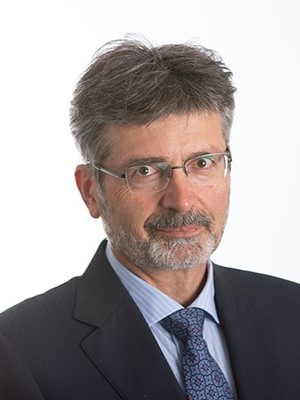
Djordje Peric
Swansea University, United Kingdom
Djordje Peric is a Professor of Civil Engineering at Swansea University, where he has
worked since 1992. He holds a Ph.D. in Civil Engineering from Swansea University, awarded in 1992. His research
focuses on computational mechanics, particularly in solid, structural, and fluid mechanics. He specializes in
computational modeling of material behavior, fluid-structure interaction, multiscale modeling, and adaptive
solution strategies for nonlinear problems.
Prof. Peric has made key contributions to the numerical treatment of elasto-plastic and elasto-viscoplastic problems, including finite strains and deformations. He has also advanced computational modeling of frictional contact and progressively damaging solids. His research on adaptive mesh refinement for elasto-plastic materials and iterative solution procedures for large-scale problems has had a significant impact on engineering simulations.
More recently, his work has concentrated on computational strategies for fluid-structure interaction and fluid flows with free surfaces and surface tension. He is also involved in multiscale modeling of materials and structures.
Prof. Peric has published extensively in peer-reviewed journals, with notable works on geomechanical modeling, friction reduction via ultrasonic vibration, and electrovibration-based haptic devices. He has contributed to influential papers in journals like
Oil & Gas Sciences and Technology and IEEE Transactions on Haptics.
In addition to his research, he serves as an Associate Editor for the International
Journal for Numerical Methods in Engineering and is on the editorial boards of several other journals.
His work continues to shape advancements in computational engineering.
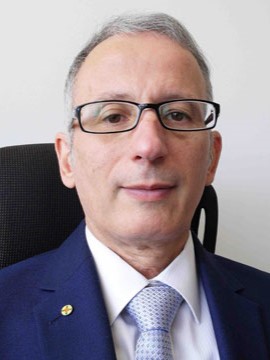
Eduardo de Souza Neto
Swansea University, United Kingdom
Professor Eduardo De Souza Neto is a Civil Engineering professor at Swansea
University, where he has been a faculty
member since June 1999. He is based at the Zienkiewicz Centre for Computational Engineering. His research
focuses on
multi-scale modeling of solids, a rapidly growing field in applied and computational mechanics. Multi-scale
methods
allow the creation of new models that describe material behavior across different physical scales, often using
computational homogenization techniques based on Finite Element methods.
Prof. De Souza Neto's work has applications in the modeling of biological tissues, which have complex microstructures
leading to intricate macroscopic behavior. He has contributed to modeling the constitutive response of human arteries
and other materials, including polycrystalline metals and heat conduction problems. A significant area of his research
is the prediction of how macroscopic material properties are influenced by microstructural changes, using the
topological derivative concept. This could lead to new techniques for microstructural optimization.
The complexity of computational multi-scale techniques demands efficient optimization to solve practical problems. Prof.
De Souza Neto's group has developed methods that significantly reduce computation time.
His published work includes contributions to martensitic transformations, multiscale virtual power methods, and modeling
material failure at different scales. Notable publications include papers in Engineering Computations, Mechanics of
Materials, and the International Journal of Plasticity.
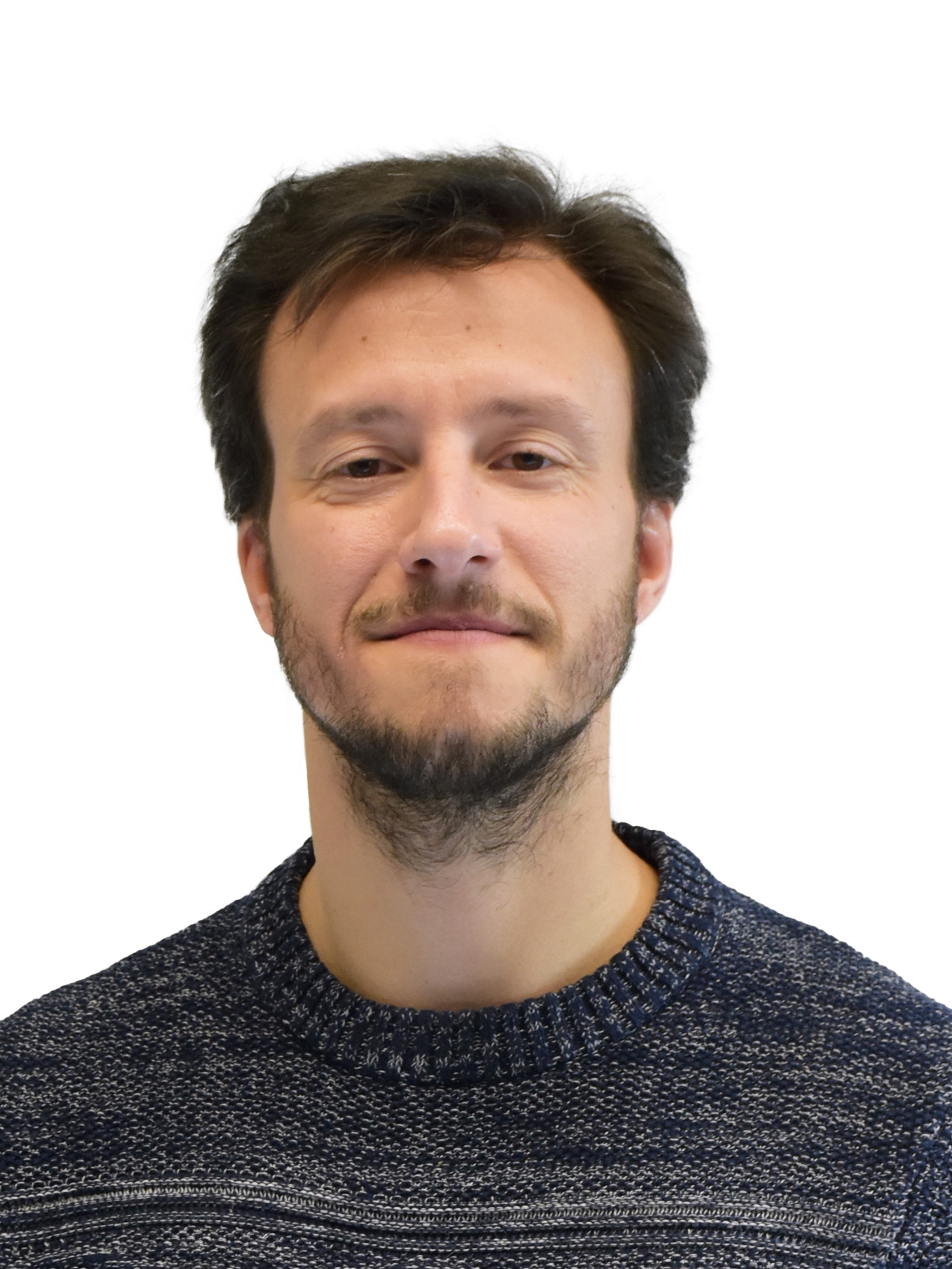
Joan Baiges
UPC / CIMNE, Spain
Joan Baiges obtained his PhD in Computational Mechanics 2011 at the Technical University of Catalunya. From 2011 to 2016 he did a post-doc at the International Center for Numerical Methods in Engineering (CIMNE). He is currently an Associate Professor at the Civil Engineering School of Barcelona. His research covers several topics in Computational Mechanics: Embedded and Cut-FEM methods, reduced order modeling, adaptive techniques, turbulence modeling and topology optimization. He has published more than 60 papers in specialized peer reviewed journals. In 2022 he received the O.C. Zienckiewicz Award from ECCOMAS in the field of Computational Methods for Applied Sciences and Engineering. In 2018 he received the Juan Carlos Simo Young Investigator Award from the Spanish Society for Numerical Methods in Engineering (SEMNI), which recognizes innovative research in the field of Computational Mechanics.

Gabriel Barbat
CIMNE / UPC BarcelonaTech, Spain
Gabriel Barbat is a Civil Engineer and researcher at the International Centre for Numerical Methods in Engineering (CIMNE) and assistant professor at the Technical University of Catalonia (UPC). His current research lines are the numerical modeling of quasi-brittle cracking, strain localization, computational solid mechanics with enhanced accuracy, mixed finite elements and nonlinear constitutive laws for monotonic and cyclic situations. The applications of his research include the study of the behavior of masonry buildings, of fracture in concrete members and structures and of structural size effect. He also works in the finite element simulation of thermo-mechanical problems and industrial manufacturing processes, including highly nonlinear analyses in the incompressible limit.
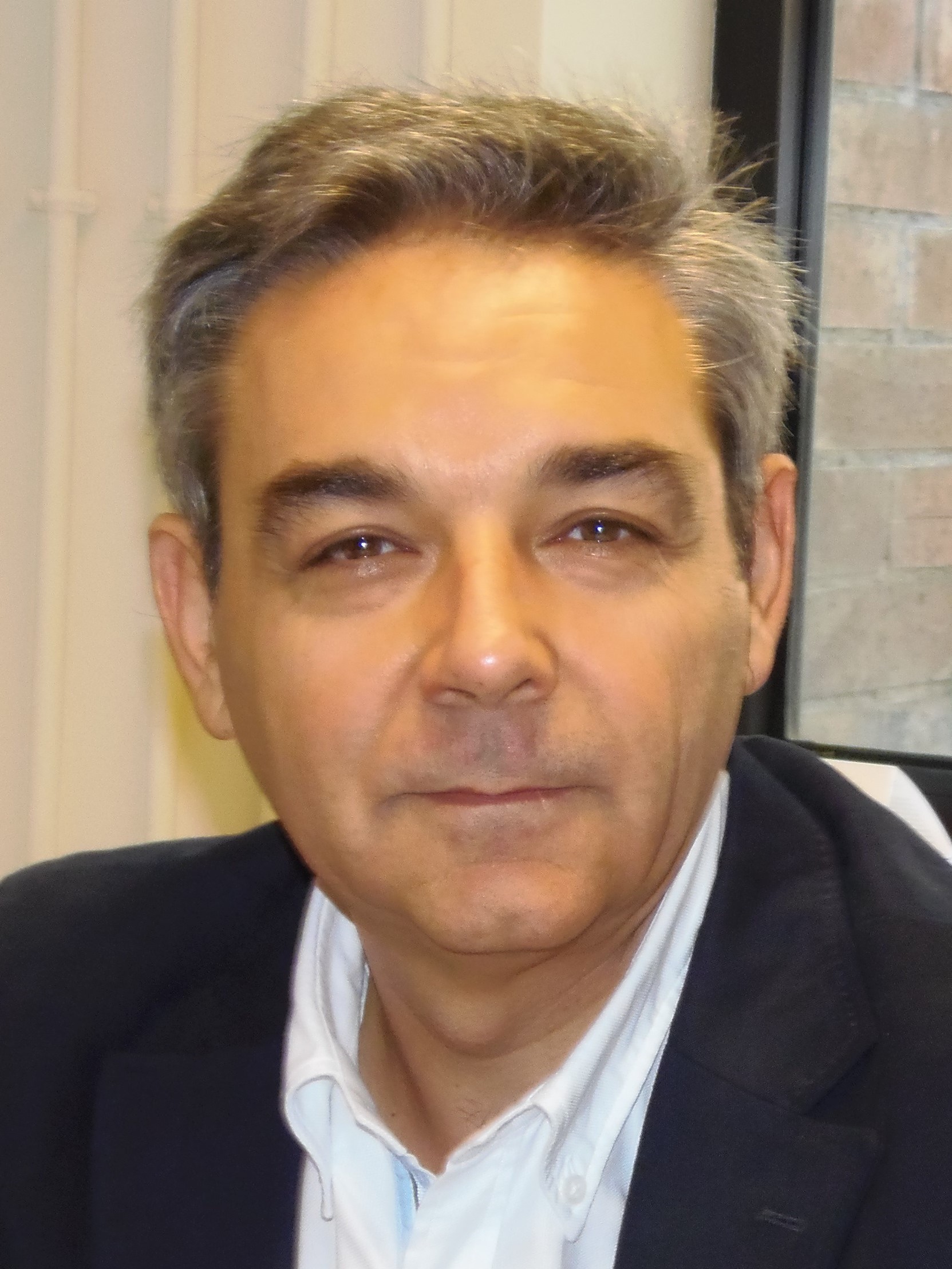
Miguel Cervera
UPC / CIMNE, Spain
Miguel Cervera is Doctor of Philosophy in Civil Engineering & Dr. Ingeniero de Caminos, Canales y Puertos. He is Professor of Continuum Mechanics and Structural Analysis and Head of Doctoral Studies at the School of Civil Engineering of Barcelona (UPC). He has received the "IACM Fellows Award", from the International Association for Computational Mechanics (2016). He has published 14 textbooks in Mechanics and Strength of Materials and Structural Mechanics, 150 research papers in JCR scientific journals and 180 communications in International Conferences in computational mechanics. He has participated in many financed research projects in Computer Aided Engineering, regarding Additive Manufacturing, Metal Deposition, Welding and Casting.

Narges Dialami
UPC / CIMNE, Spain
Narges Dialami is a tenured professor at the Technical University of Catalonia (UPC) and a researcher at CIMNE. She specializes in computational modeling of coupled thermomechanical problems for manufacturing process simulations. She is one of the authors of front-edge computational models for the simulation of Friction Stir Welding (FSW), adopted by international companies and research centers for the design and virtual analysis of welded structures. Currently, she is leading several projects devoted to Additive Manufacturing and Friction Stir Welding. Her work has been presented at numerous national and international conferences, and she has authored 40 JCR journal articles and book chapters receiving around 2000 citations. She has earned various awards and distinctions throughout her career, such as the Serra-Hunter fellowship for hiring highly qualified faculty members. She is also an expert evaluator of competitive projects for the Agencia Española de Investigación (Spanish state research agency).
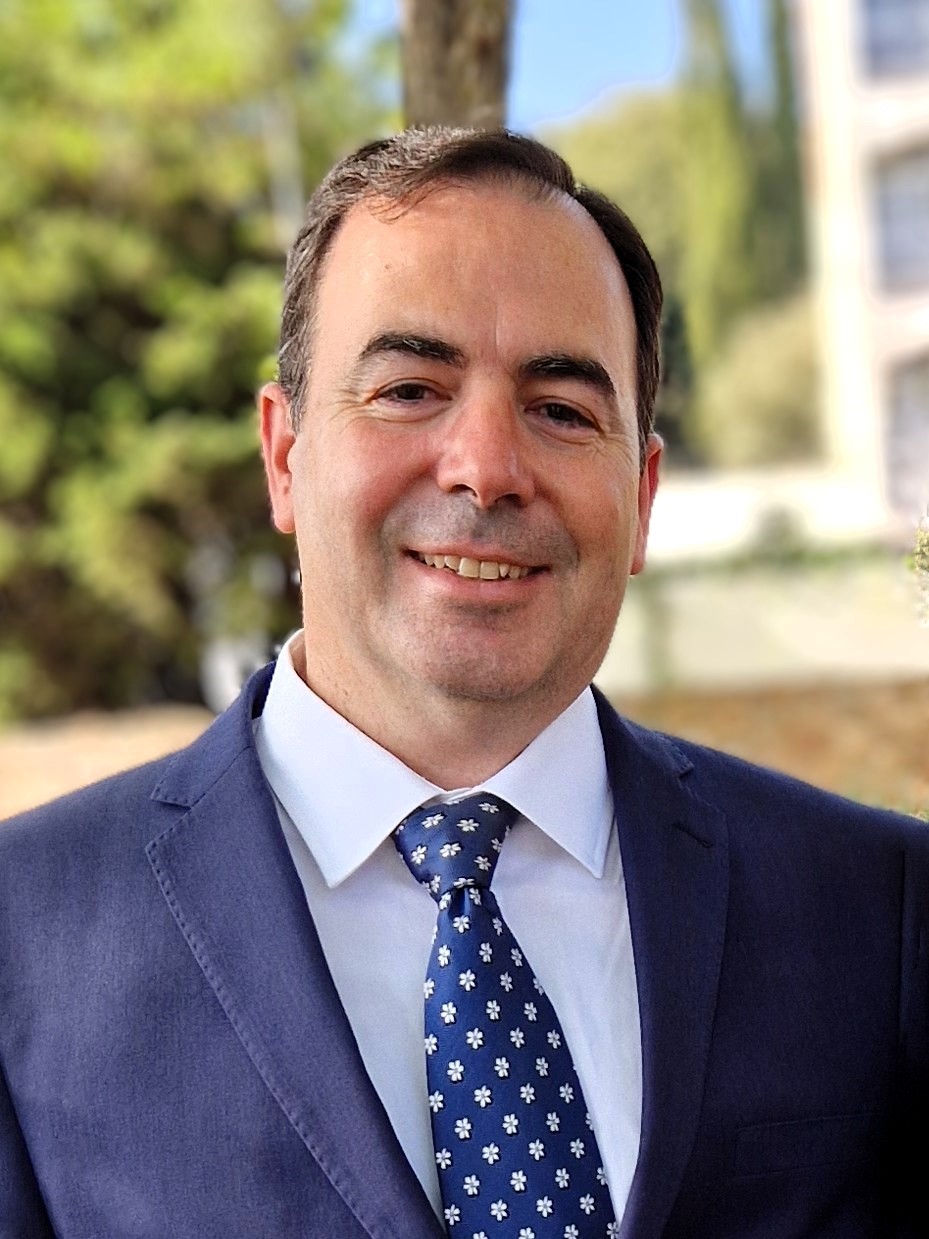
Fernando Rastellini Canela
CIMNE, Spain
Fernando Rastellini Canela, a Civil Construction Engineer (UNNE, Argentina, 2000), earned his PhD in Structural Analysis from the Polytechnic University of Catalonia (UPC) in 2006. Between 2008 and 2018, he was the Technical Director responsible for developing Stampack, specialised software for metal forming processes, at Quantech ATZ, S.A. His expertise lies in dynamic structural analysis using finite element methods, focusing on metal forming and assessing strength and damage in reinforced concrete and composite structures. Currently a senior researcher at CIMNE in Barcelona, Dr Rastellini also teaches at UPC and has authored 20 scientific articles. His contributions have been recognised with awards for academic excellence in engineering.
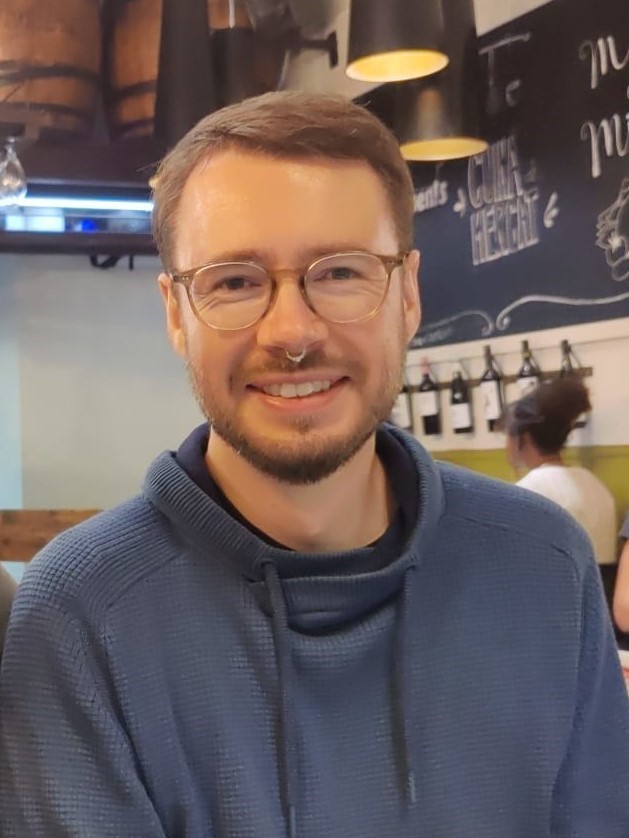
Henning Venghaus
UPC / CIMNE, Spain
Henning Venghaus is a PhD candidate at the Polytechnic University of Catalonia (UPC) and works as a researcher at the International Center for Numerical Methods in Engineering (CIMNE) in Barcelona, Spain. He grew up in northeastern Germany close to the Baltic Sea and studied mechanical engineering with a focus on structural mechanics and numerical methods at the Otto von Guericke University (OVGU) in Magdeburg. His research focuses on advanced Finite Element technologies, particularly mixed formulations, adaptive refinement strategies and embedded domain methods, and on facilitating technology transfer between academic institutions and industry partners. His doctoral thesis aims to apply newly developed numerical methods to industrial manufacturing processes, particularly Friction Stir Welding.
